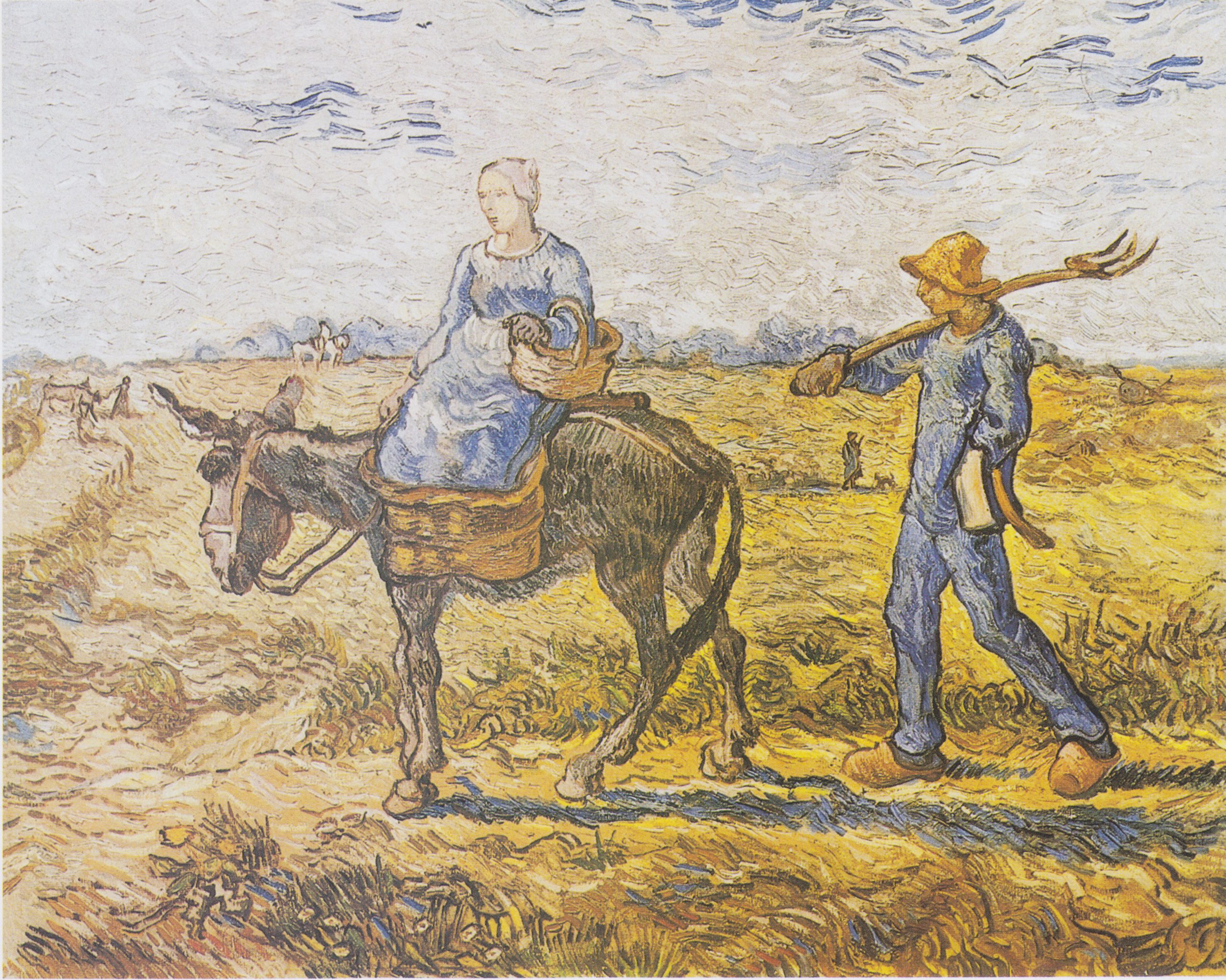Movies have always been a source of entertainment and escape from reality. They transport us to different worlds, introduce us to new characters, and take us on emotional rollercoasters. But have you ever stopped to think about how movies also shape our relationships in the real world? From romance to friendships, the influence of movies on our relationships cannot be denied. Let’s take a closer look at how the silver screen impacts our real-life connections.
Romantic Relationships: A Reflection of Hollywood Love Stories
Who doesn’t love a good love story? From classic romantic comedies to heartbreaking dramas, movies have given us some of the most iconic and memorable love stories of all time. And it’s no surprise that we often look to these fictional romances for inspiration in our own relationships.
One of the most famous examples is the classic film, “The Notebook.” The passionate and enduring love between Noah and Allie has become a benchmark for many couples. Countless people have tried to recreate their romantic moments, from the iconic rain kiss to writing love letters. In fact, a study showed that couples who watched romantic movies together reported feeling more in love and committed to each other.
But while movies like “The Notebook” portray an idealistic version of love, they also set unrealistic expectations. We often compare our own relationships to the grand gestures and picture-perfect moments on screen, leading to disappointment and dissatisfaction. Real-life relationships require effort, compromise, and imperfection, something that is not always portrayed in movies.
Friendships: Hollywood’s Take on the Bond Between Friends
Movies about friendships have the power to make us laugh, cry, and feel a sense of camaraderie with the characters on screen. They show us that friends can be our chosen family and that there is nothing stronger than a bond between friends. But they also highlight the importance of compatibility and shared experiences in building and maintaining friendships.
One of the most beloved movies about friendship, “The Sisterhood of the Traveling Pants,” follows four best friends as they navigate through life’s ups and downs. The movie showcases the power of communication, forgiveness, and support in a friendship. It also emphasizes the idea that friends can have different personalities and interests, but still have a strong connection.
However, like with romantic relationships, movies can also create unrealistic expectations for friendships. The idea of a group of friends who never have conflicts or disagreements is not always realistic. In reality, friendships require effort and compromise, and it’s normal to have disagreements. But movies often portray friendships as perfect and effortless, leading to disappointment when our own friendships don’t match up.
Family Relationships: The Influence of Family Dynamics on the Big Screen
Family relationships are a staple in movies, with countless films exploring the dynamics between parents and children, siblings, and extended family. These movies often serve as a reflection of our own family experiences and can shape our perceptions and expectations of family relationships.
A perfect example is the movie “The Parent Trap,” where two twin sisters, separated at birth, are reunited and try to bring their parents back together. The movie portrays a loving and supportive family, something that many people aspire to have. It also shows the importance of communication and forgiveness in family relationships.
However, movies can also perpetuate harmful stereotypes and unrealistic expectations about family relationships. The portrayal of perfect families with no issues or conflicts can make those who come from less-than-perfect families feel inadequate. It’s important to remember that every family is unique and has its own struggles, and that is normal.
The Impact of Romanticizing Toxic Relationships
While movies can inspire and shape our relationships in positive ways, they can also have a negative influence. Many romantic movies and TV shows romanticize toxic and unhealthy relationships, sending the message that possessiveness, jealousy, and controlling behavior are signs of true love.
For example, the movie “Twilight” depicts a toxic and obsessive relationship between Bella and Edward. Yet, it has been glorified as the ultimate love story by many fans. This can be dangerous, especially for young audiences who may not fully understand the implications of such relationships. It’s important to recognize and challenge these harmful portrayals of love and relationships.
In Conclusion: Finding a Balance Between Screen and Reality
Movies have a profound impact on our lives, and that includes our relationships. They can inspire us, make us laugh and cry, and even shape our perceptions and expectations. But it’s essential to remember that they are just that – movies. Real-life relationships require effort, communication, and compromise, and they are not always picture-perfect. It’s important to find a balance between the influence of movies and the reality of our own relationships. So, next time you watch a movie, remember to enjoy the story and the characters, but also keep in mind that real-life relationships are a journey of their own, with ups and downs, imperfections, and most importantly, love.




